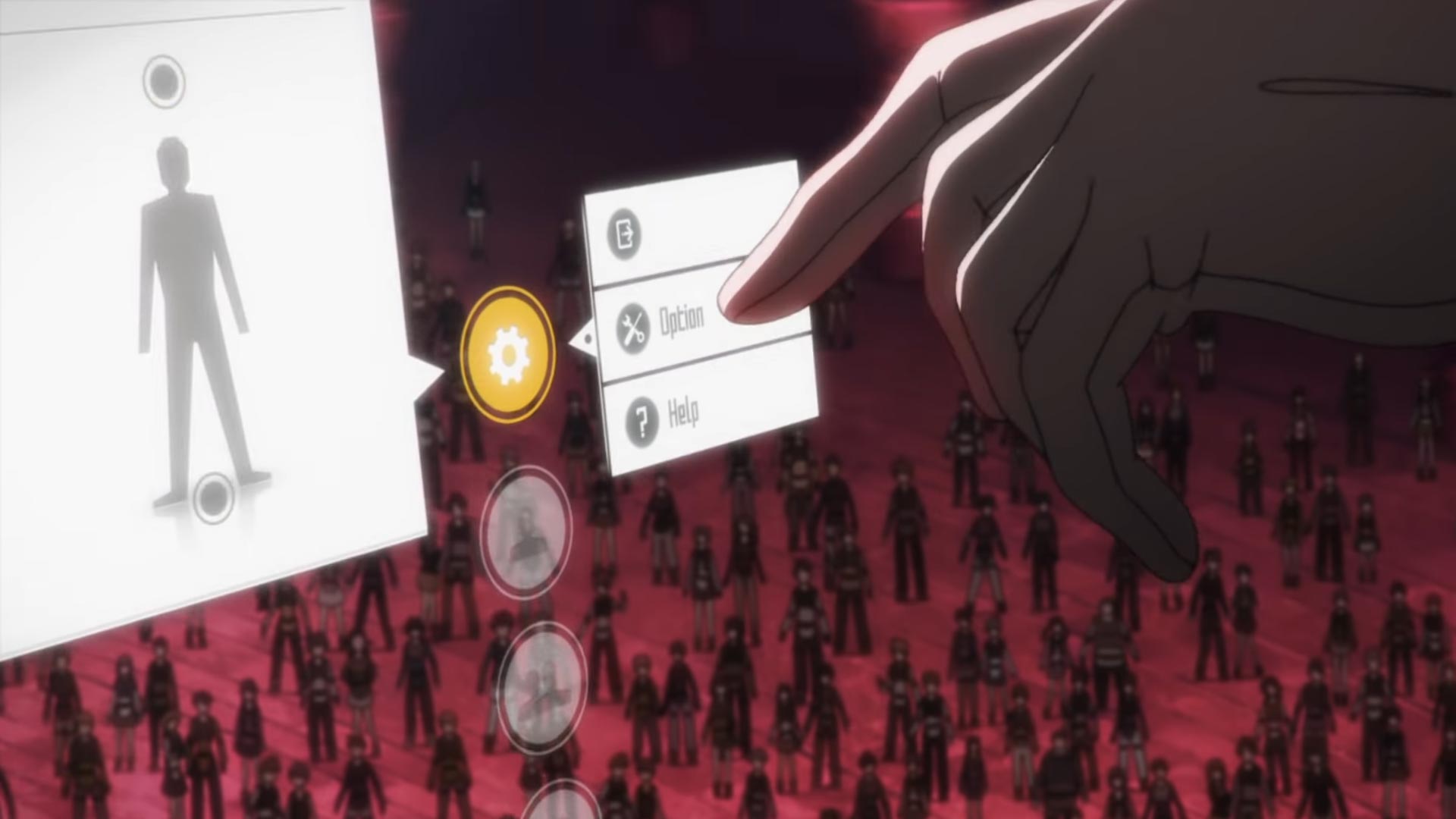Looking to immerse yourself into Sword Art Online (SAO)? While there are plenty of VR games that offer the sort of massive multiplayer immersion fans of the manga and anime series have craved over the years, a game built for Quest Pro and Quest 2 has recreated probably the best/worst part of the series: its lovably bad user interface (UI).
Called Subspace Hunter, the SideQuest-only game is essentially in very early access at this point. The demo lets you spawn a certain number of swords, magic, guns, and thirteen monsters, developer XuKing Studio explains on the game’s SideQuest page.
The cheap and cheerful demo (it’s free) is unabashedly inspired by SAO through and through, even including a one-handed sword very similar to protagonist Kirito’s Dark Repulser blade. YouTuber ‘GingasVR’ shows off the demo in action:
While the low poly baddies aren’t anything to write home about, it’s the loyal adherence to Sword Art Online’s lovably obtuse UI that brings it all together, making it feel strangely more immersive than it might without it—and that’s despite the likelihood no professional XR developer in their right minds would design such a system for real-time battle.
In case you didn’t catch the video above, to select a weapon you don’t just pull out a virtual backpack, or reach over your shoulder like in many other VR games. Instead, you need to bring up the menu with a sweeping two-finger swiping gesture, select through three different 2D submenus, and then physically confirm your selection. Although that’s no more complicated than ordering through a fastfood kiosk, it’s not really the best system for immersive, real-time action games. Thankfully, you can control when monsters spawn, otherwise you probably wouldn’t have enough time to muck about.
That’s probably why we don’t see these sorts of dense 2D menus in modern VR games. But then again, it was never designed for any sort of game in the first place, since the anime aired in 2012 well before the Oculus Rift DK1 even arrived on Kickstarter backers’ doorsteps. By now though, the industry has mostly figured that 2D menus generally feel pretty bad to use in VR, making SAO’s fictional UI feel distinctly like a holdover from the gaming days of yore (think turn-based RPGs).
As it is, fiction typically does a pretty poor job across the board of predicting how UI actually evolves. Film and TV oftentimes prioritize large, overly complex movements and cluttered UI elements that just don’t really translate to real life. Tom Cruise’s cybergloves in Minority Report (2002) are a shining example.
You don’t see platform holders or individual games copying Minority Report not because it doesn’t look cool, but because it introduces unnecessary friction. It’s both tiring in the long term and unintuitive to new users in the short term—two things developers really have to pay attention to if they want players returning to their game or app. It’s basically the same thing for SAO, albeit on a smaller scale.
To be clear, this isn’t a dump on Subspace Hunter. The melee-focused MR demo offers SAO fans a very nice slice of immersion which is baked into a suitably pint-sized package. Critically, Subspace Hunter isn’t overreaching with promises of a VRMMOPRG the scale and depth of SAO either, which is probably where such a system might wear out its welcome. Whatever the case, there’s something stupidly charming about those sweeping hand motions, and the fitful hunt-and-pecking of 2D menus.
It seems like the studio has some very real ambitions to develop Subspace Hunter further, and you’re not going to have threaten me with the risk of explosive brain death to play either. I’ll just play.
,
